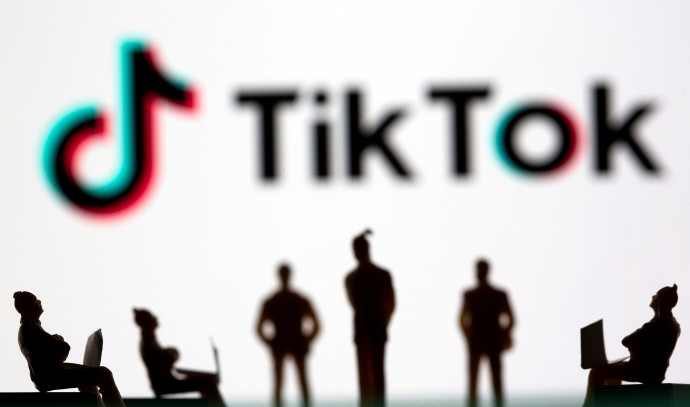The ongoing tensions between Washington and Beijing are evident in the recent debate over the popular American app TikTok. Senator Marco Rubio, the top Republican on the Intelligence Committee, has criticized China’s control over TikTok, calling it dangerously short-sighted. He expressed support for a new law that would require TikTok’s Chinese owner to sell the app, stating that it is a good move for America. However, the Chinese Foreign Ministry has criticized the legislation, arguing that there is no evidence that TikTok poses a threat to national security.
The sale of TikTok has become emblematic of the broader technology and internet issues between the two countries. Beijing’s recent actions, such as ordering Apple to remove certain platforms from its app store, highlight ongoing tensions between them. TikTok plans to challenge the bill on First Amendment grounds, asserting that it protects freedom of speech. Despite assurances that user data is not shared with the Chinese government, TikTok faces pressure to sell its US operations.
The Senate recently voted in favor of a bill attached to a measure providing military aid, paving the way for the app’s sale. This legislation could set a precedent for addressing security threats posed by foreign-owned apps. ByteDance, TikTok’s parent company, will have 270 days to complete the sale under the new law. However, concerns about feasibility have arisen due to complexity in completing this process by early 2025.
Some critics argue that this legislation amounts to a de facto ban on TikTok and raises questions about censorship and government control over social media. The bill’s implications could impact upcoming presidential campaigns and potentially affect young voters.
In conclusion, while efforts are being made to address security concerns posed by foreign-owned apps like TikTok through legislative measures like this one, there are still many uncertainties surrounding their implementation and potential consequences for businesses and individuals alike.



